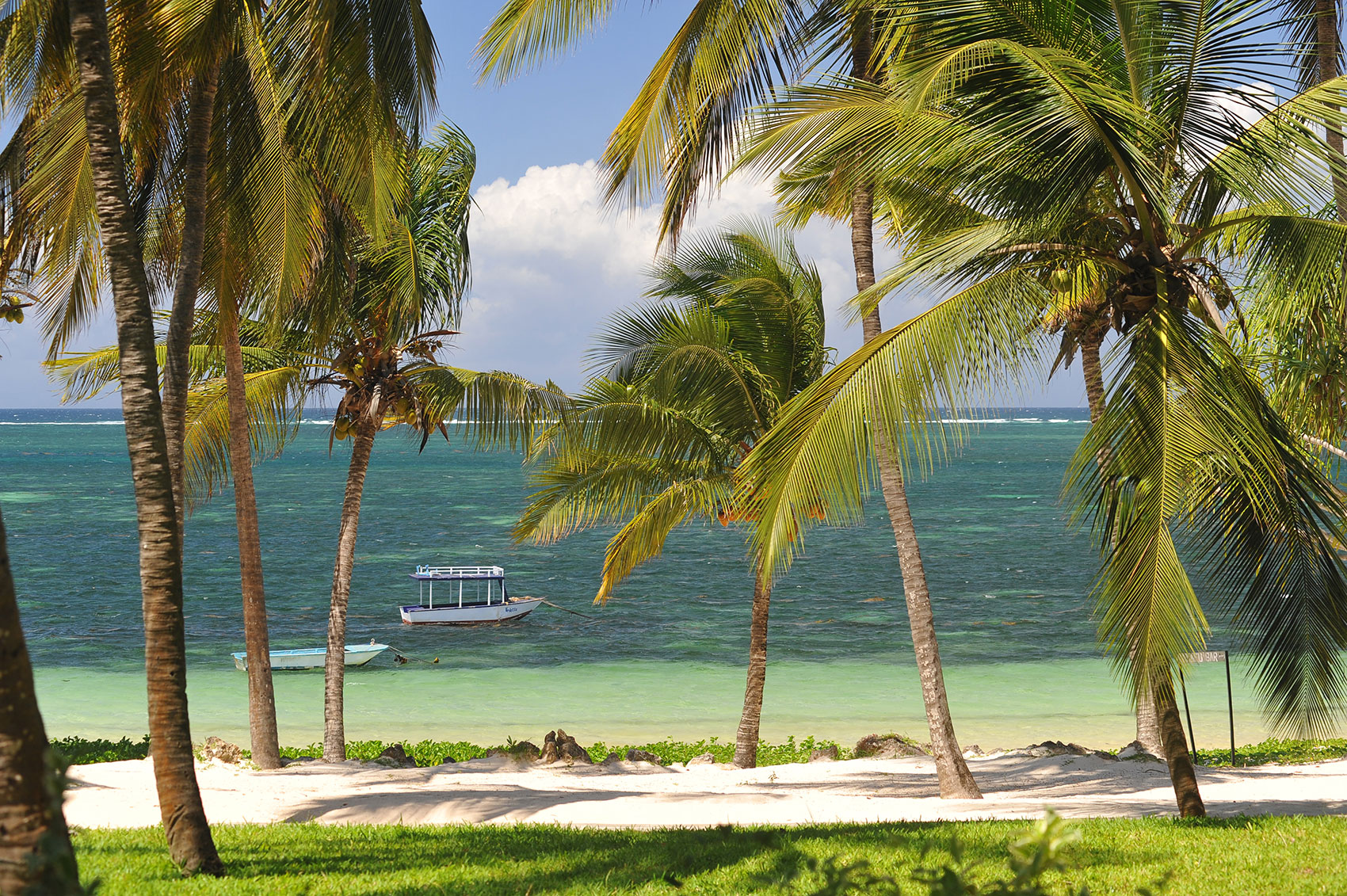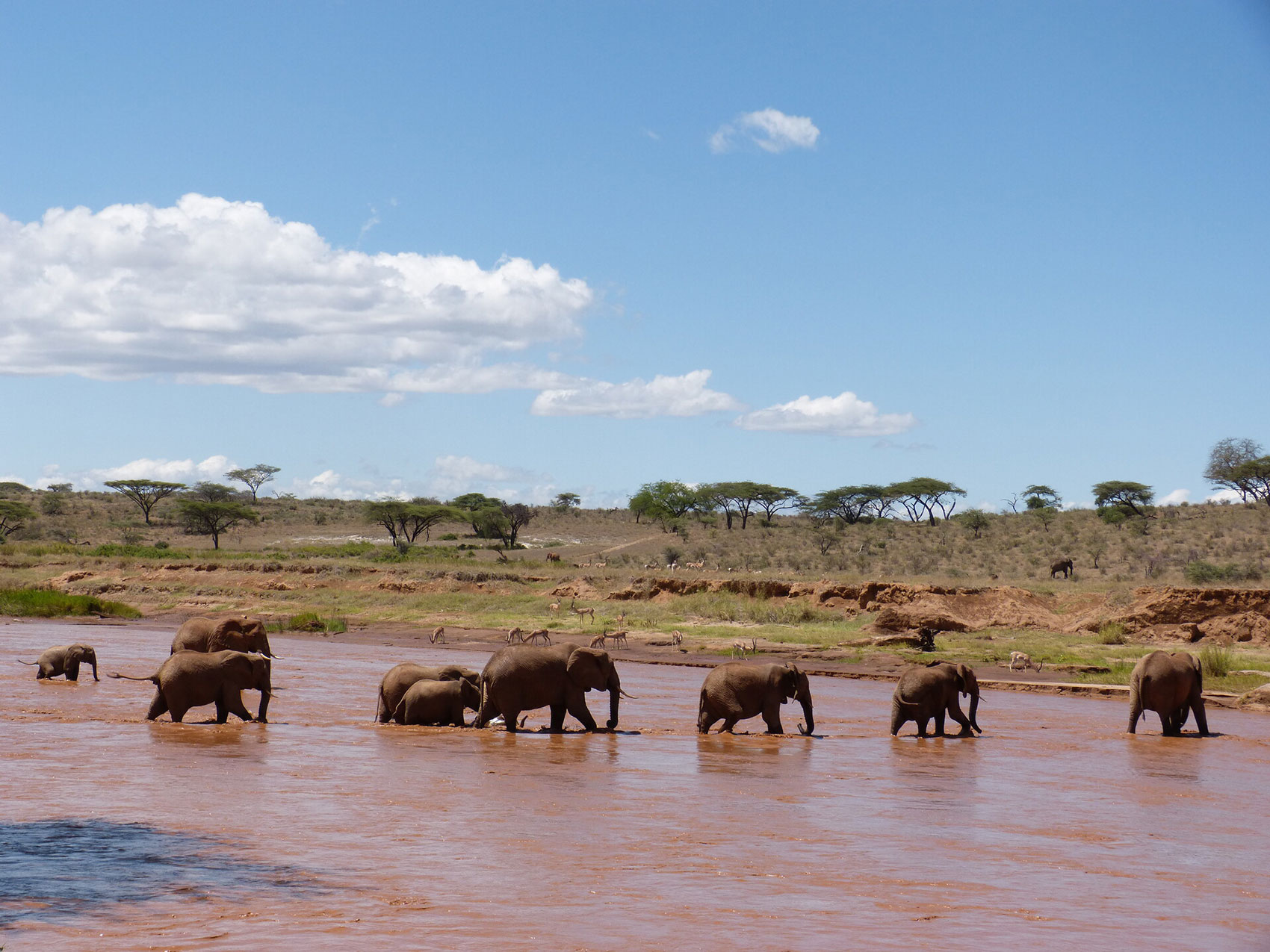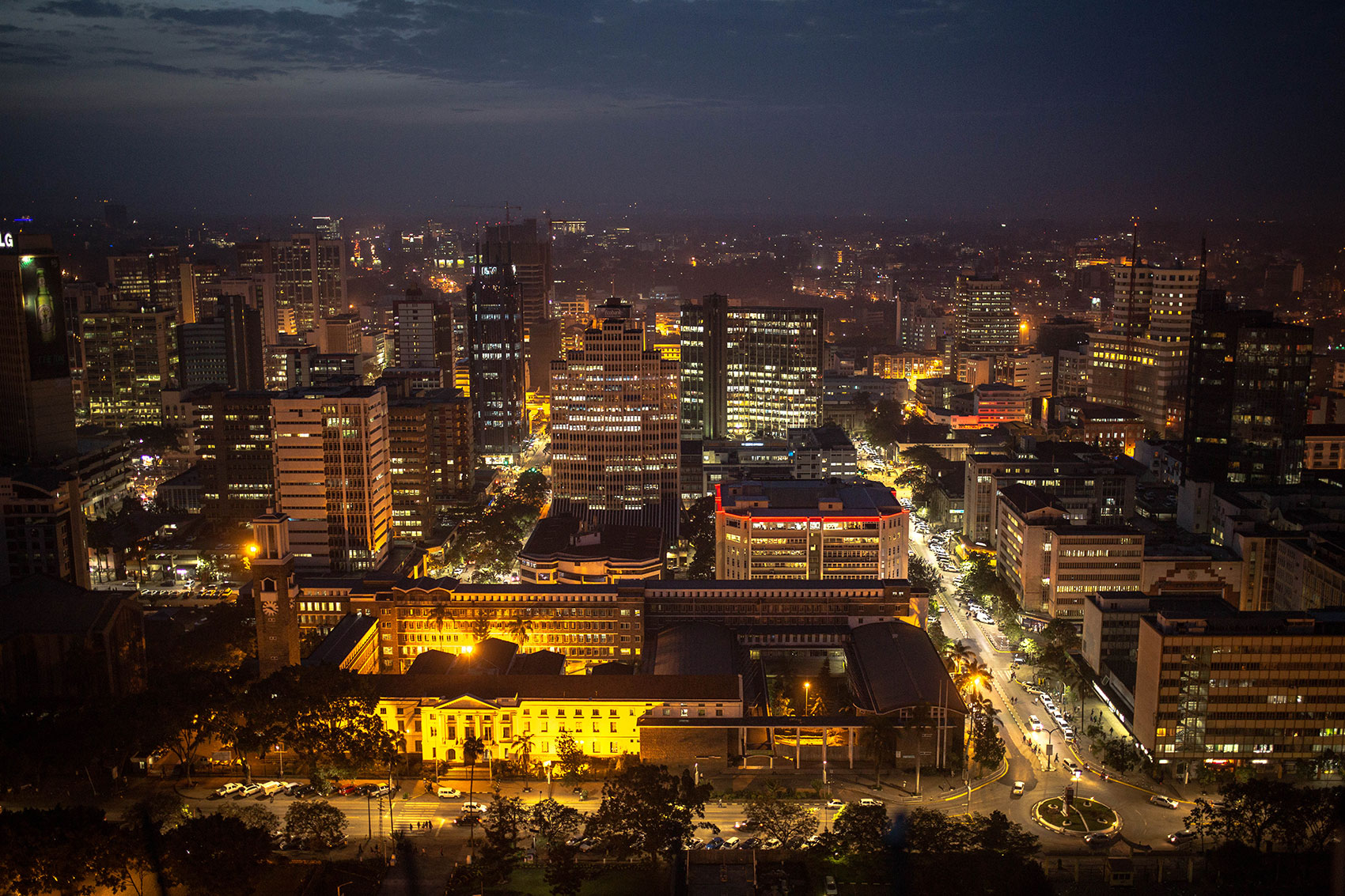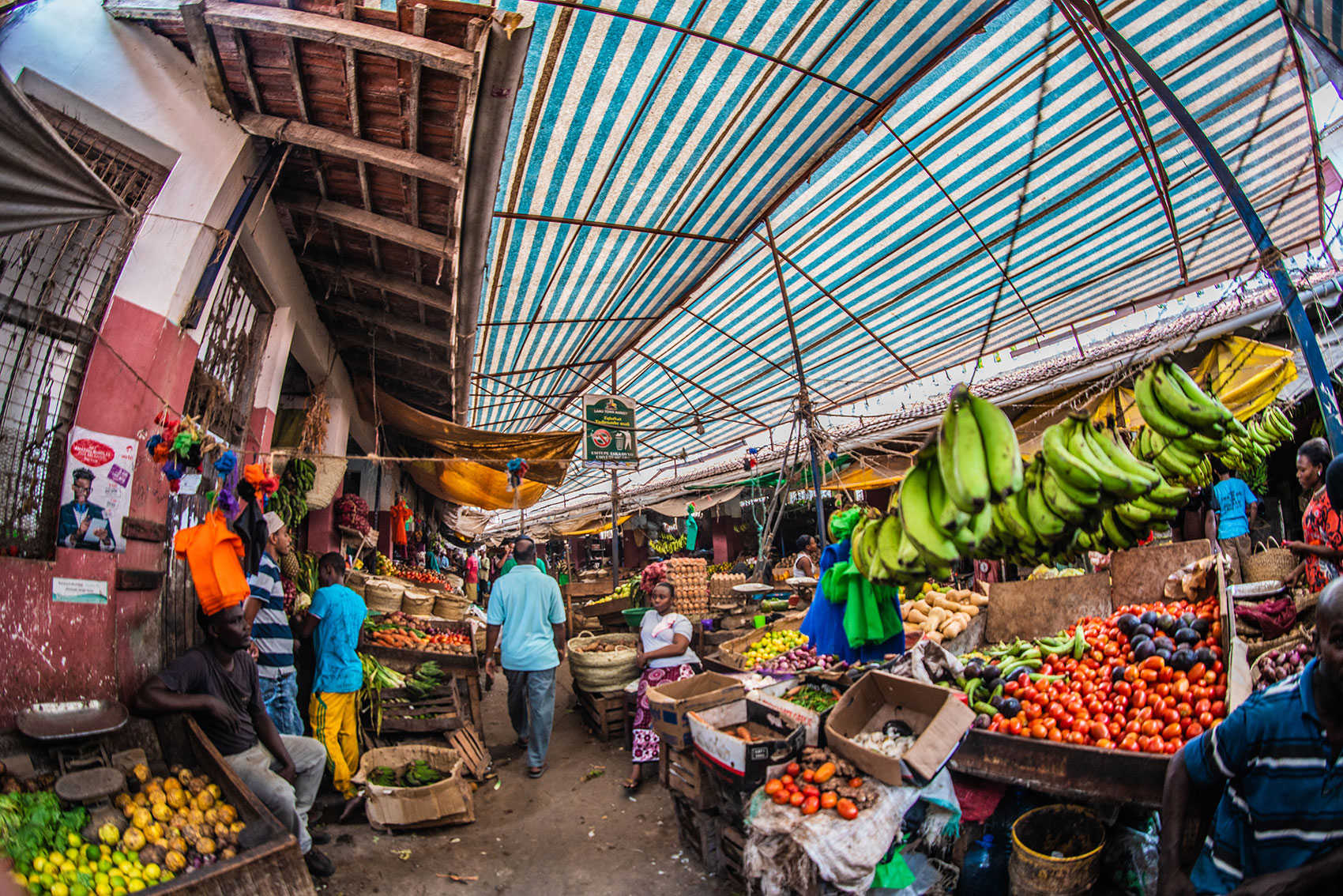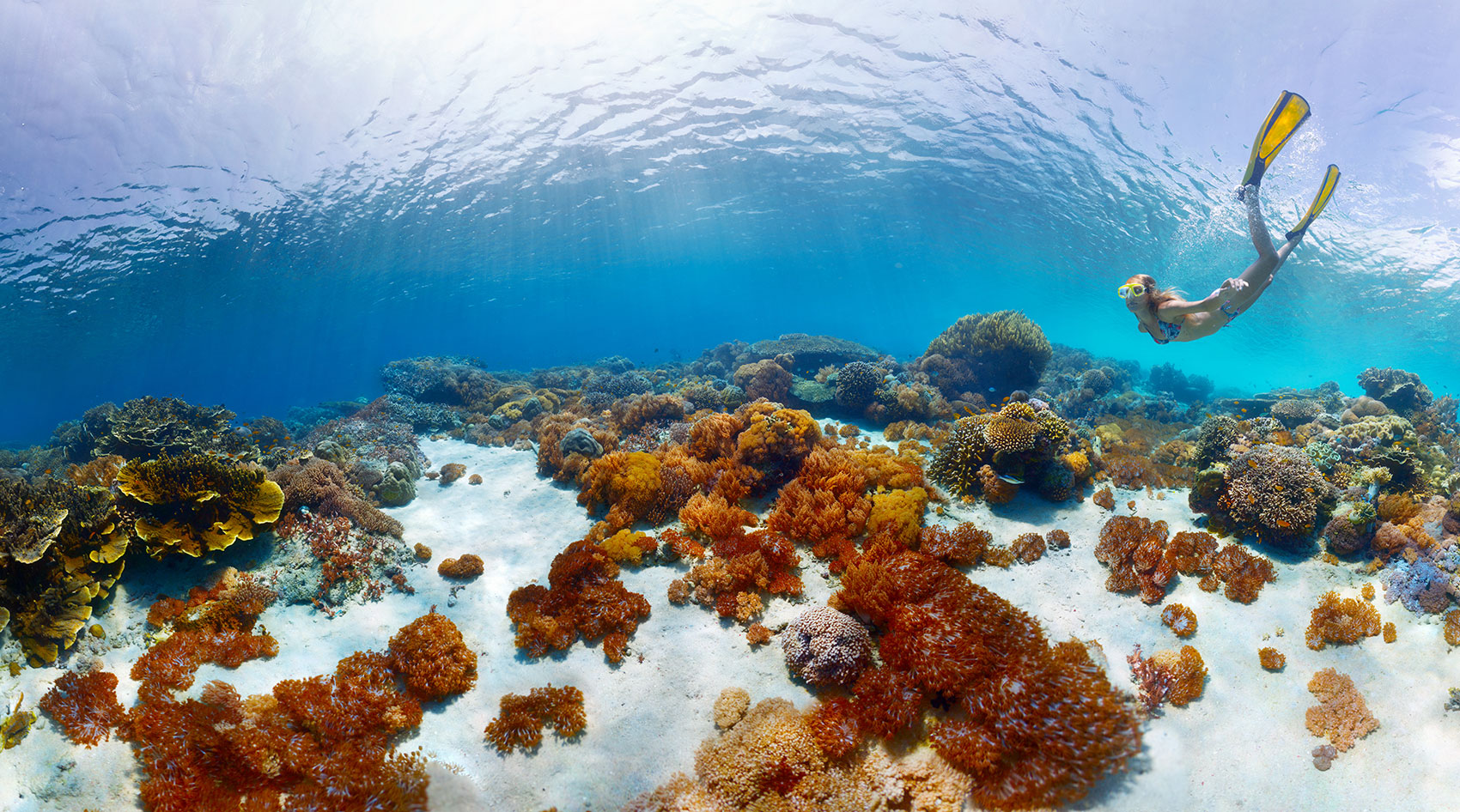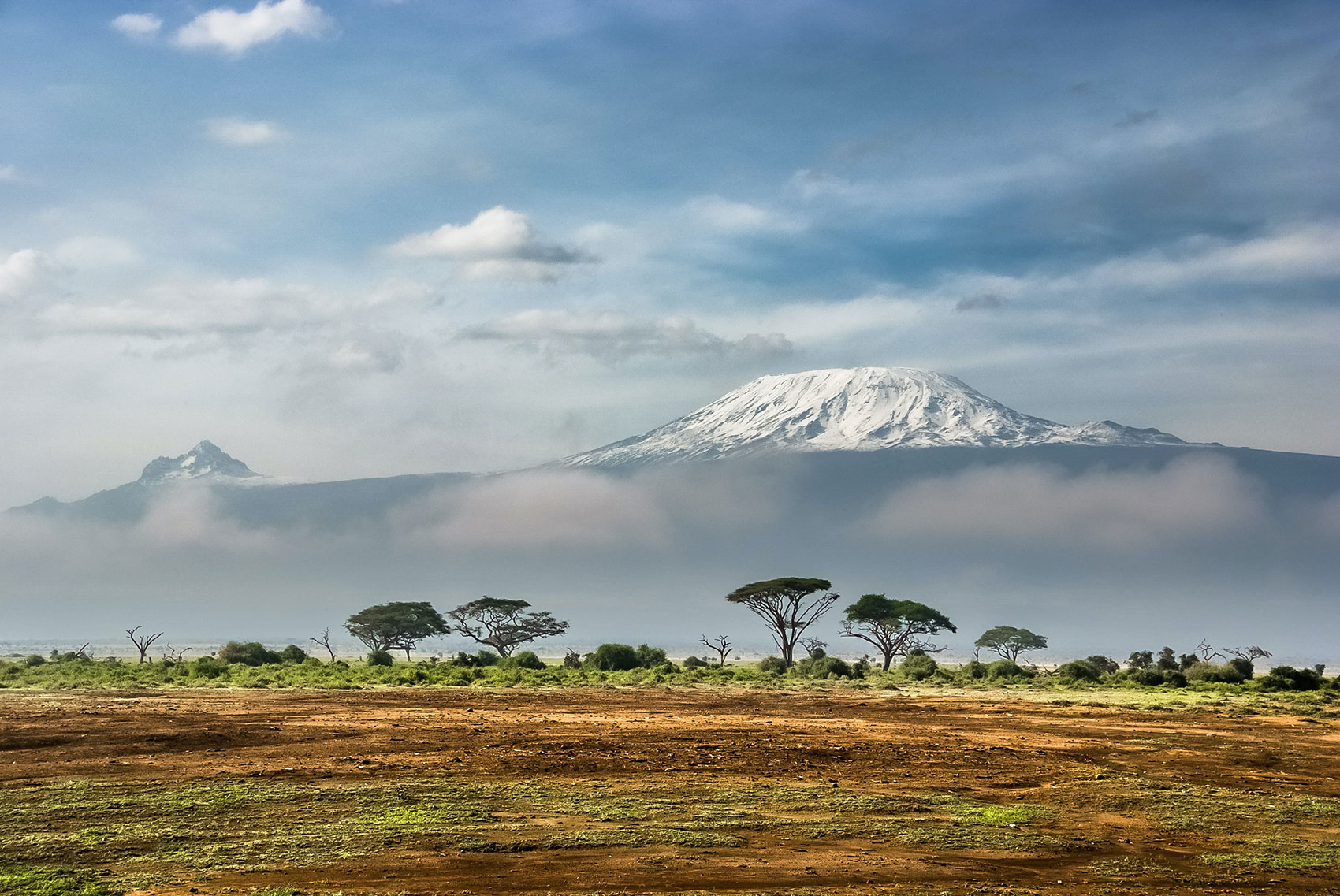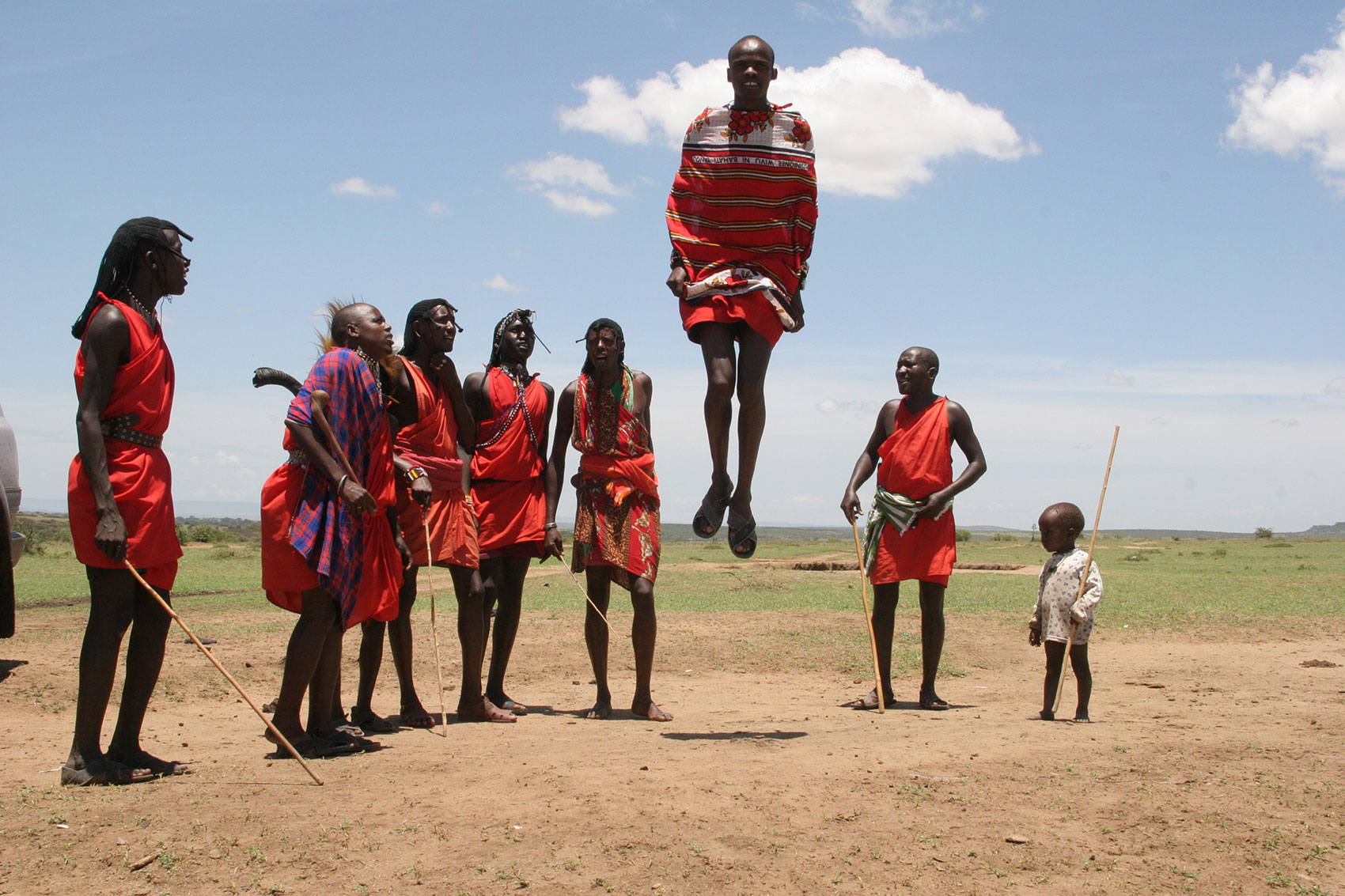Travel tips for Kenya
Top 5 Experiences
Experiencing wild animals in the savannah, climbing mountains or going diving – Kenya embodies the image of a dreamlike Africa. Among the most famous highlights are the Massai Mara National Park and Mount Kenya. Other attractions include:
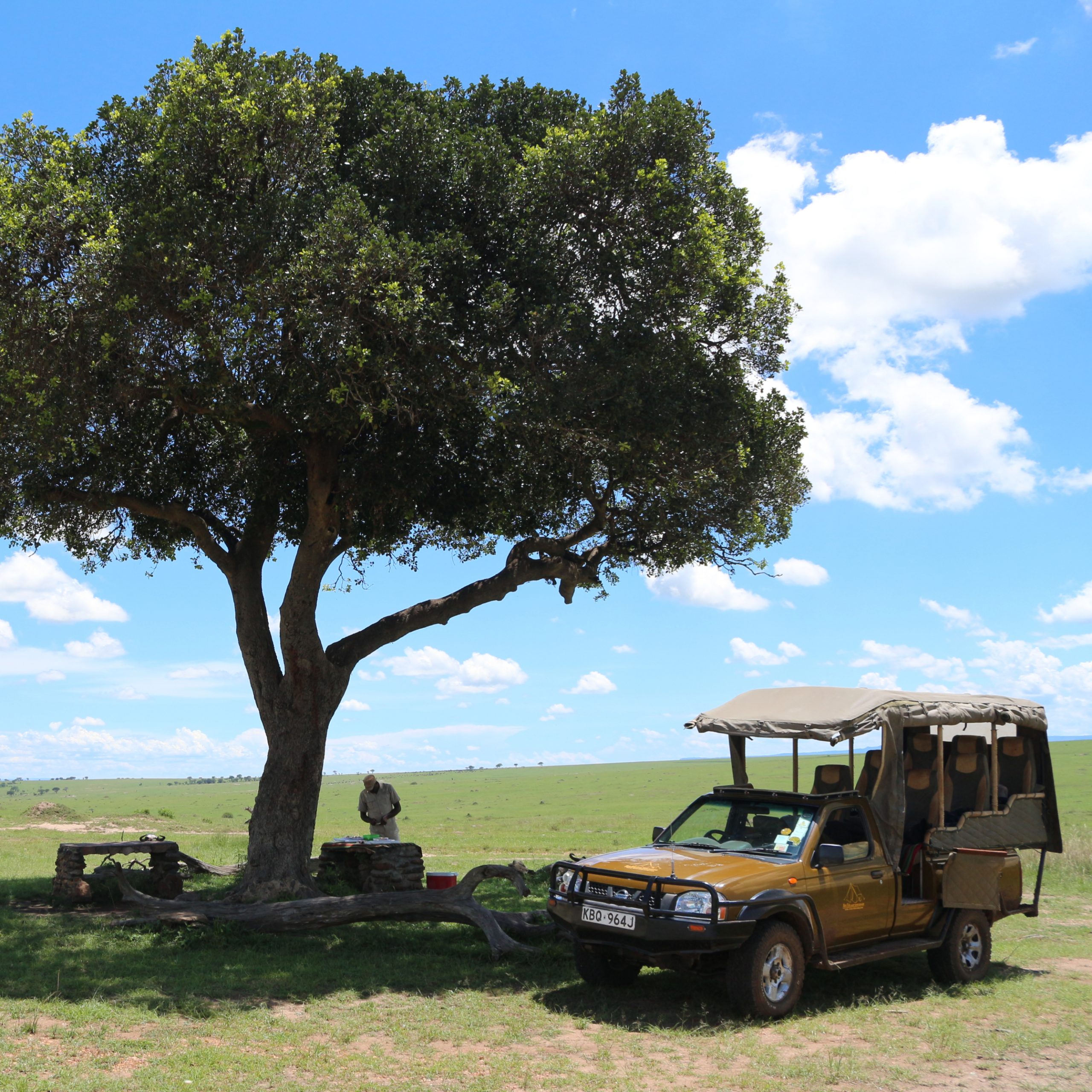
Safari
A special experience during the great migration, but also at any other time of the year in the Masai Mara National Park, Tsavo National Park, Amboseli National Park or in a lesser known national park like Lake Naivasha and Lake Nakuru National Park. Hardly any other country stands for safari and wilderness like Kenya. Besides the Big Five and other wild animals, a lot of flamingo flocks and many other bird species are at home here, which do not only inspire bird lovers.
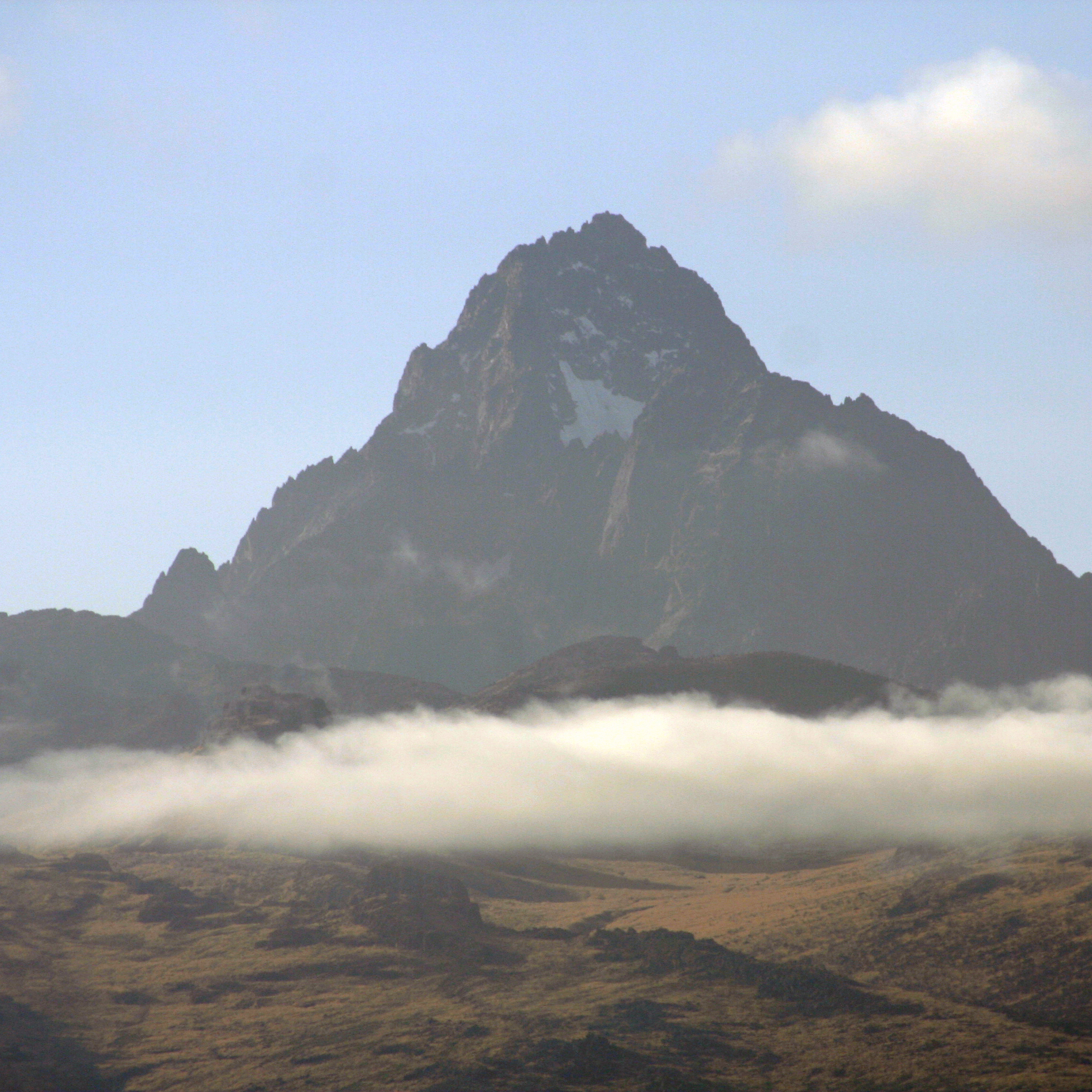
Mount Kenya
With its 5,199m it is the second highest mountain in Africa, which can be climbed on different routes. Those who do not dare to climb so high, can take advantage of the 30 hiking trails starting in the highlands along some waterfalls, mountain rivers and lakes.
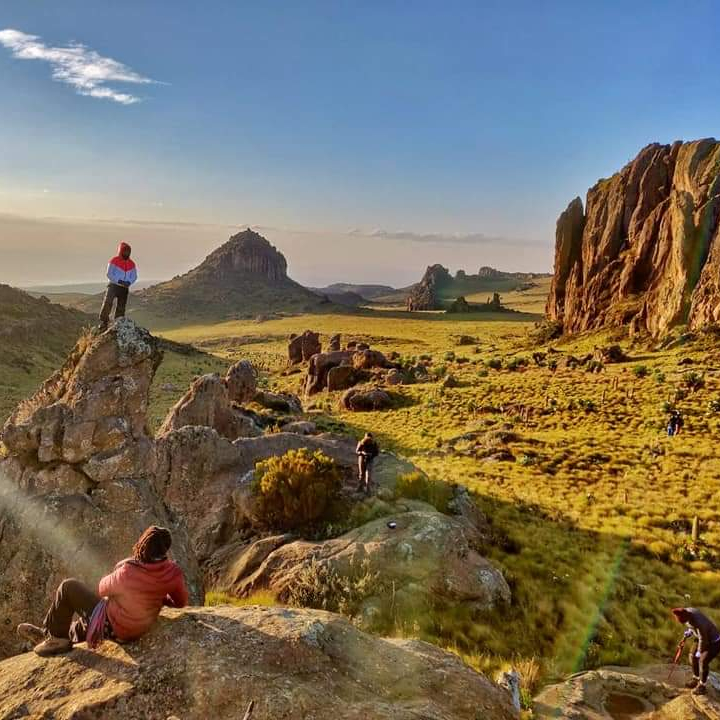
Active Tours
As a country of unlimited possibilities, Kenya offers a colourful selection of diverse activities. A panoramic boat trip on the impressive Lake Victoria, the so-called heart of Africa and source of the Nile, and an exploration tour on foot or by bike in Hell’s Gate National Park followed by a visit to the Njorowa Gorge are just a few examples of unforgettable nature experiences. But also a hike at the foot of Mount Elgon or the Aberdare Mountains reward with incredible views. Those who are not good on foot can also explore these and other national parks on horseback.
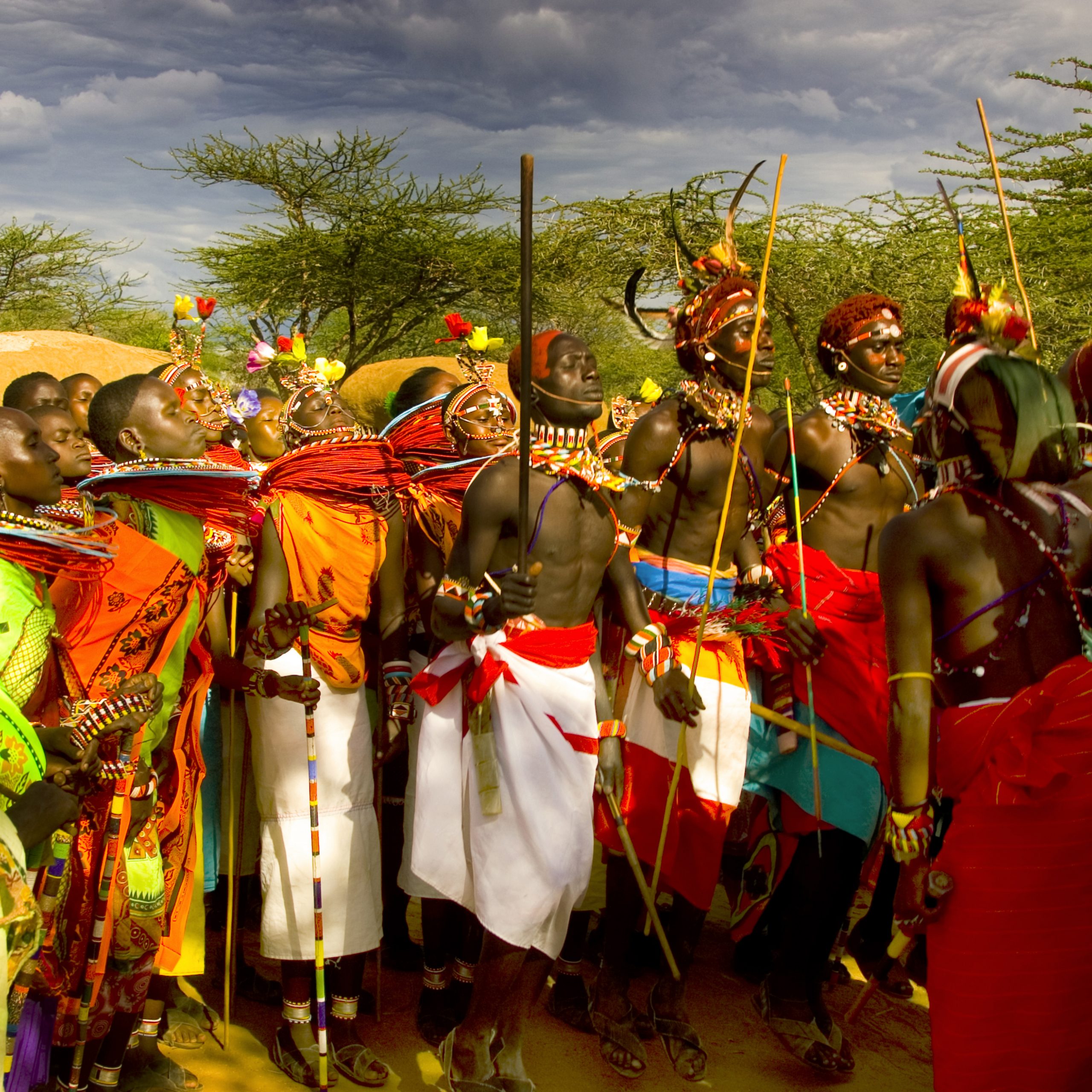
Culture Heritage
Many different people and their cultures have shaped the history of the East African country. Once a Portuguese colony, Kenya became an early stopover for settlers and sailors and was exposed to some European influences. Today there is a rich offer of tours that not only give a deep insight into the culture of the Maasai, Samburu Turkana or others, but also their everyday life in local villages. A visit to one of the traditional markets should not be missed.
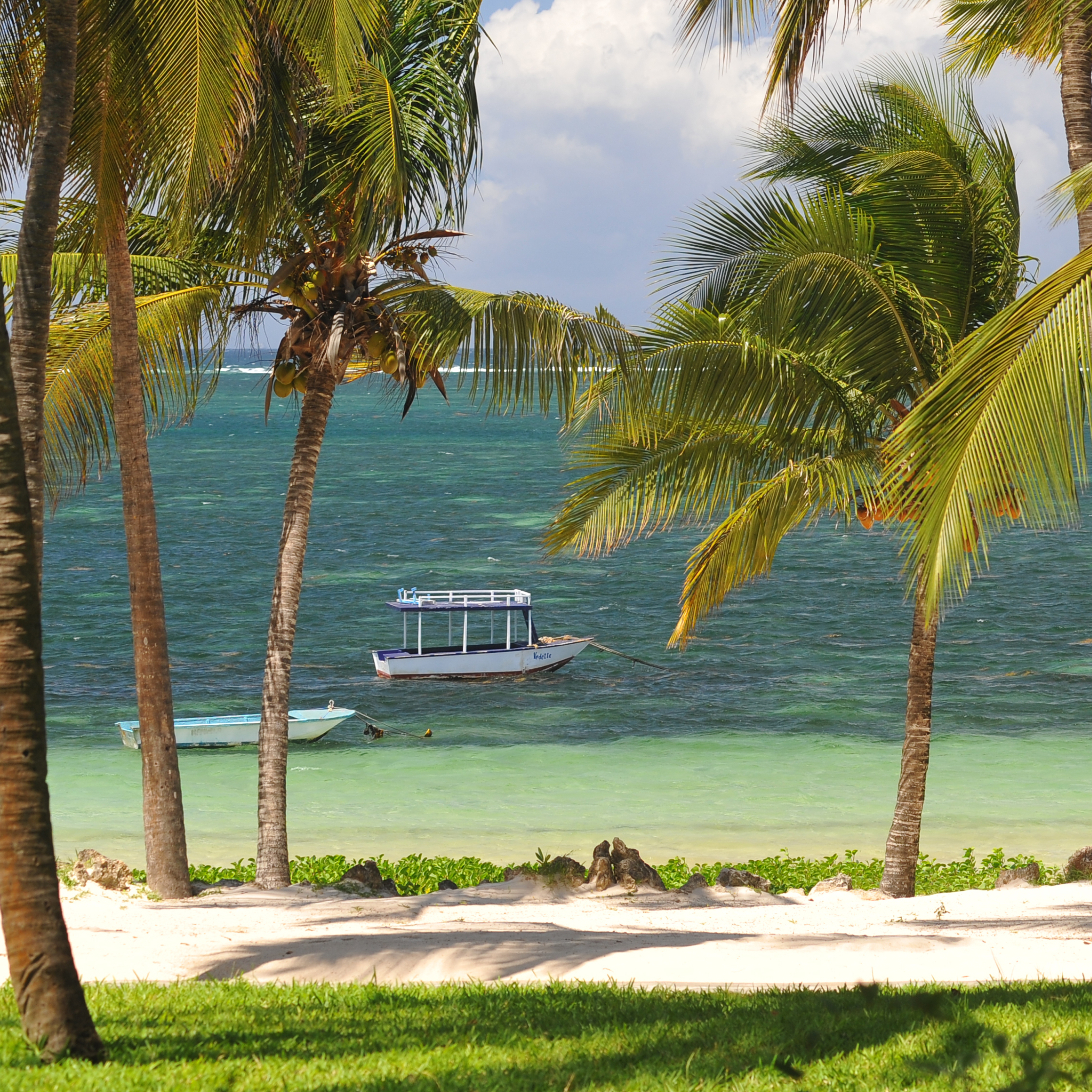
Beaches
Kenya is not only known for its African wilderness, but also for its paradise beaches. Probably the most famous and beautiful among them are Diani Beach and Bamburi Beach. If getting bored while relaxing on the beach, one can let off steam in the water: The coast is ideal for snorkelling, diving, canoeing or kite surfing. Those who prefer a more secluded experience can also pay a visit to the archipelago of Lamu or Wasini Island.
Tourist infrastructure
The infrastructure in Kenya is comparatively well developed. Especially around Nairobi, Lake Victoria and the coastal regions, the roads are paved and well developed. In contrast, the transport network as well as the electricity and water supply in the north and east of the country are poor and in need of modernization. In addition, Kenya has a train connection that runs from the coastal city of Mombasa via Nairobi to Kisumu in the west of the country.
Those who wish to explore Kenya on their own can do so as a self-drive thanks to the wide range of rental cars available. Travelers can choose from a variety of hotels, lodges, bed & breakfasts and, in major cities, hostels.
Climate and travel season
Kenya can roughly be divided into two climatic zones: In the highlands, the average temperature in the warm season is between 25°C – 26°C, in the evening and at night it cools down and temperatures can drop to 10°C. In the coastal region, temperatures average between 22°C and 32°C during the dry season and humidity is 65 percent.
As in most African countries, the climate in Kenya can be divided into a rainy and dry season. There is a big rainy season from March to May and a small rainy season from the end of October to the beginning of December. Therefore, the months of January and February as well as the time from June to October are especially suitable for traveling. In this time it is also recommended to go on safari, because the probability to see animals is much higher in the dry season.
Visa and entry
Citizens from Germany, Austria and Switzerland require a visa for entry into Kenya, which must be applied for in advance at the Kenyan embassy in the respective country. All travel documents must be valid for at least six months beyond the trip. In addition, a return or onward travel ticket must be presented upon entry. It is also possible, in principle, to apply for an East African Visa, valid for multiple entries to the countries of Kenya, Uganda, and Rwanda, through the electronic visa system. The cost is 101 USD.
Since the regulations can change at any time, all information are non-binding and without guarantee. Please observe the visa regulations and the current information of the Federal Foreign Office / Federal Ministry European and International Affairs / Federal Department of Foreign Affaires at all times.
Impressions from Kenya
(Click to enlarge)
Stories
International Hotel Chains Are Driving the Hotel Boom in Africa
Frankfurt, 03 April 2024 - The "Big 5" of global hotel chains - Accor, Hilton, IHG, Marriott International and Radisson ...
Internationale Hotelketten treiben den Hotelboom in Afrika voran
ReThinking Africa Initiative setzt sich für Investitionen in Afrikas Tourismuswirtschaft ein Frankfurt, 03. April 2024. Die „Big 5“ der globalen Hotelketten ...
Voice4Africa x ReThinking Africa News March
KLEBER Group x ReThinking Africa News March 2024 Content Foreword Investment in Africa's tourism industry as a driver for sustainable ...
Our partners for Kenya
General updates
Current accessibility
Corona Precautionary Measures
Status: 25.10.2021








